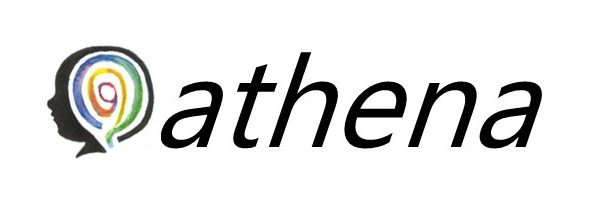Partners
ATHENA Project Partners
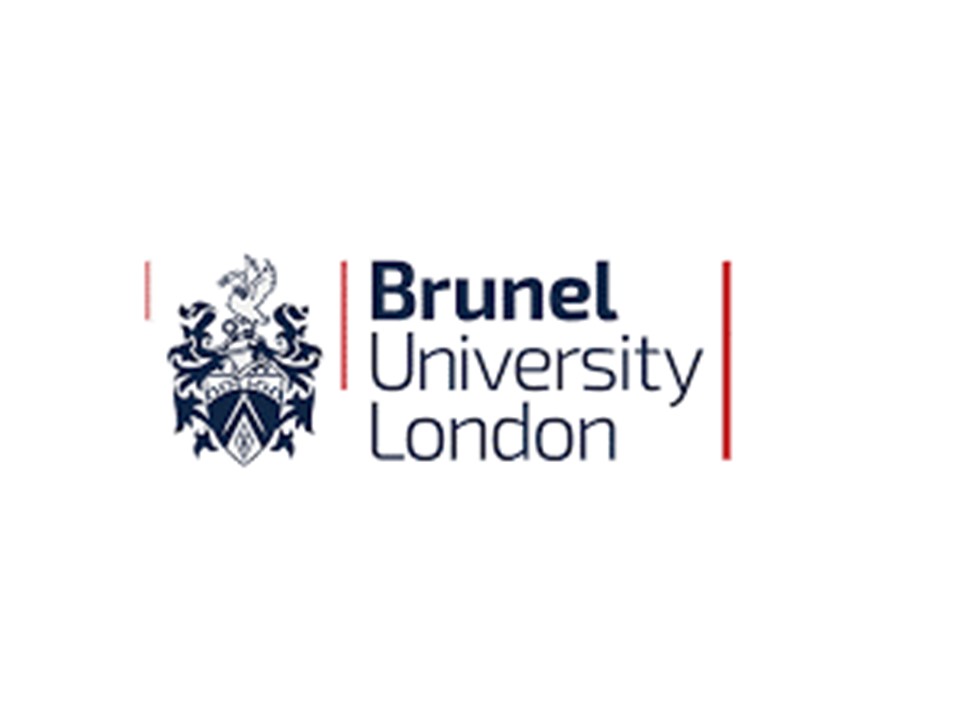
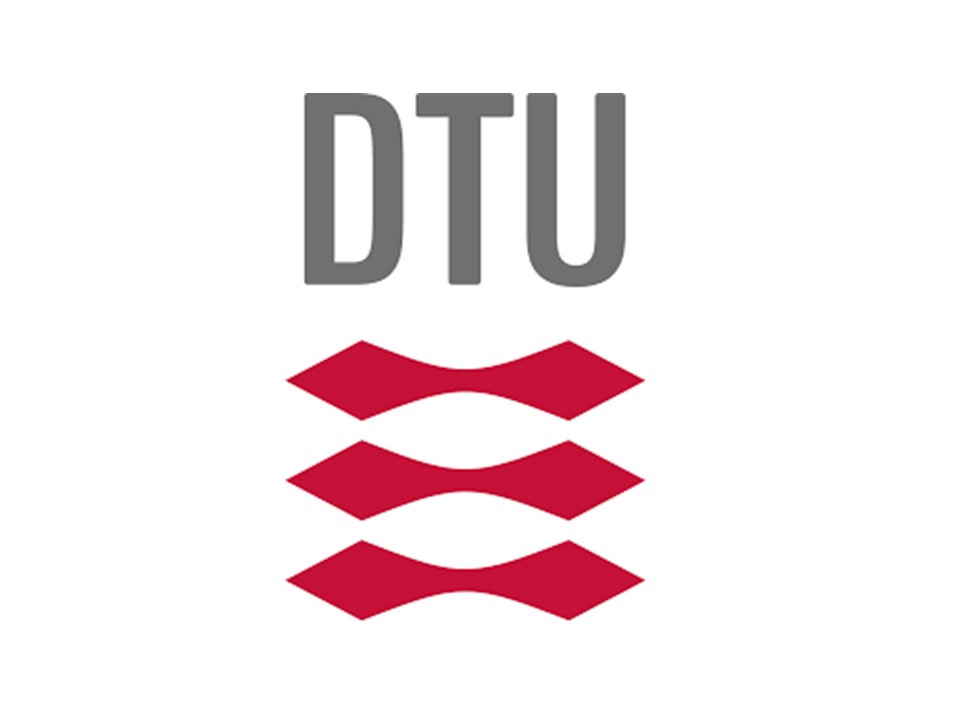
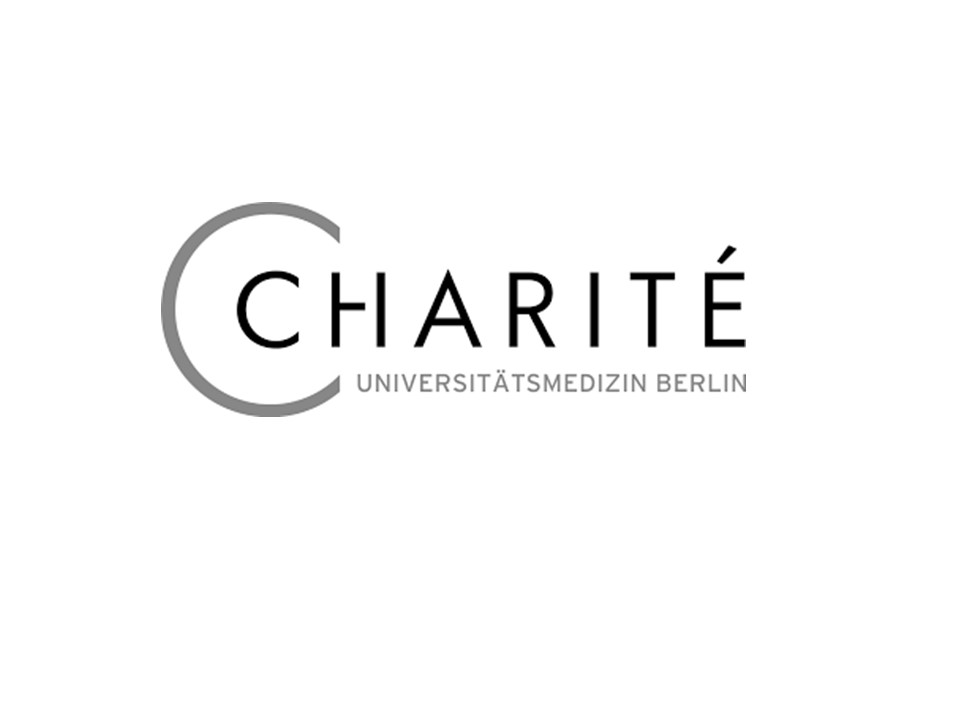
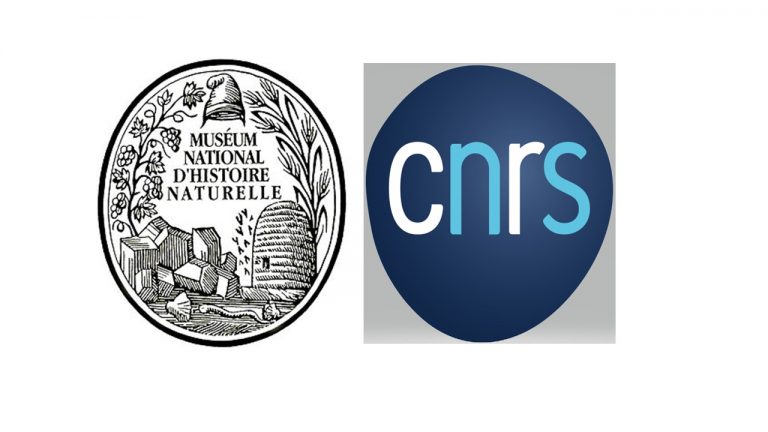
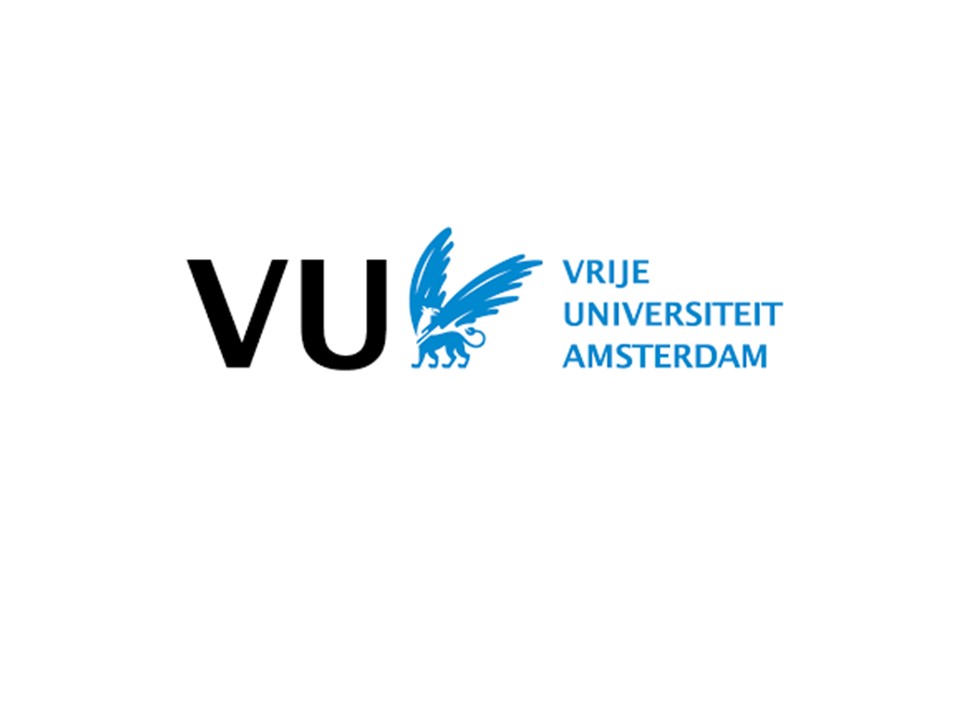

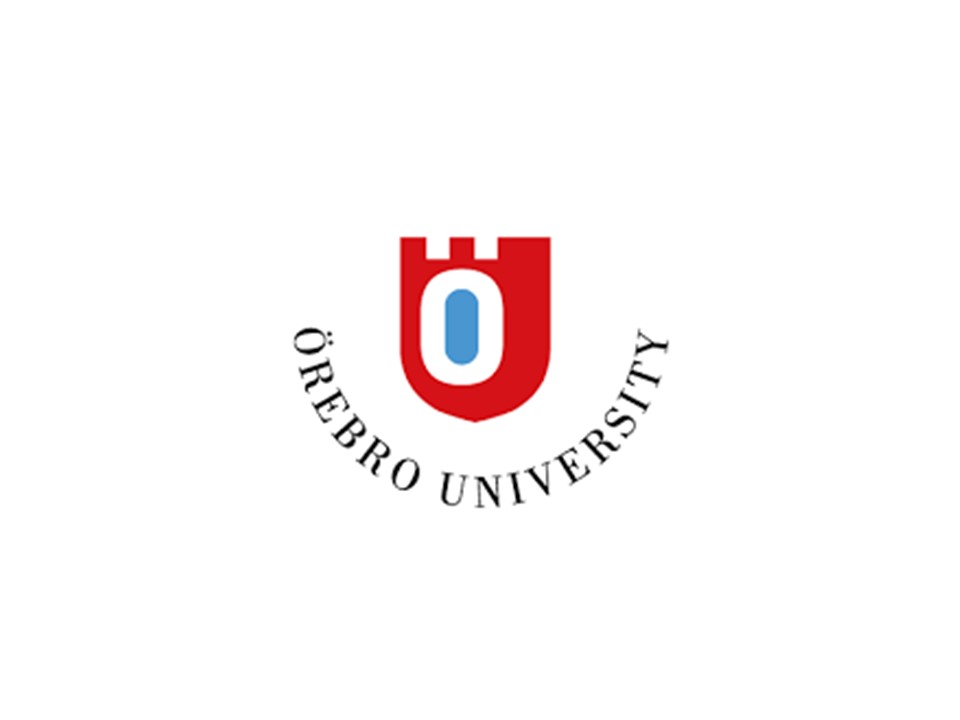

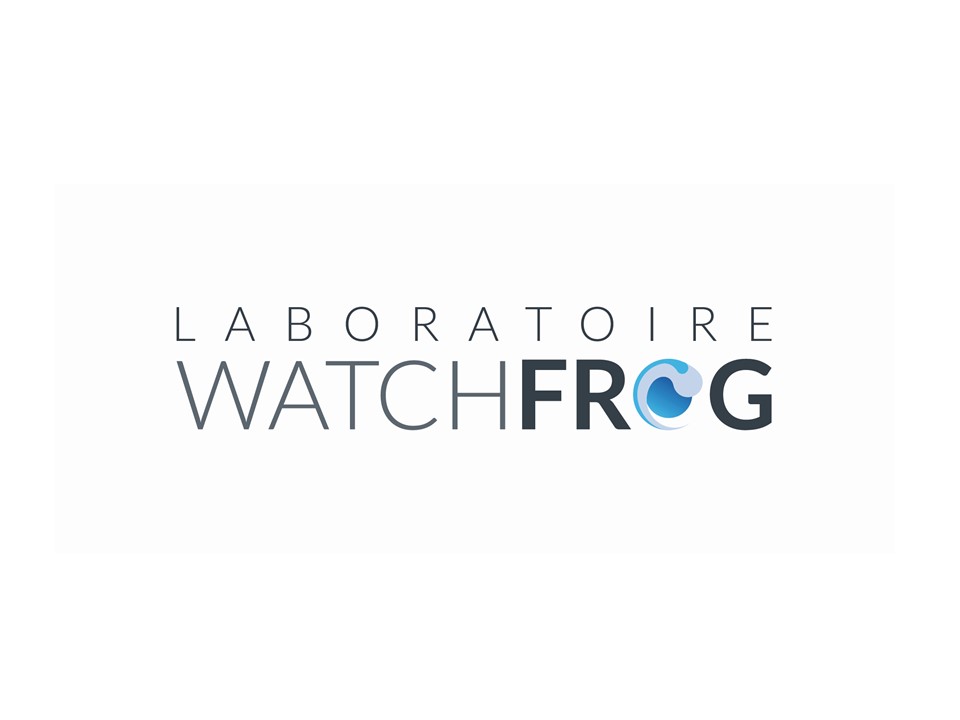
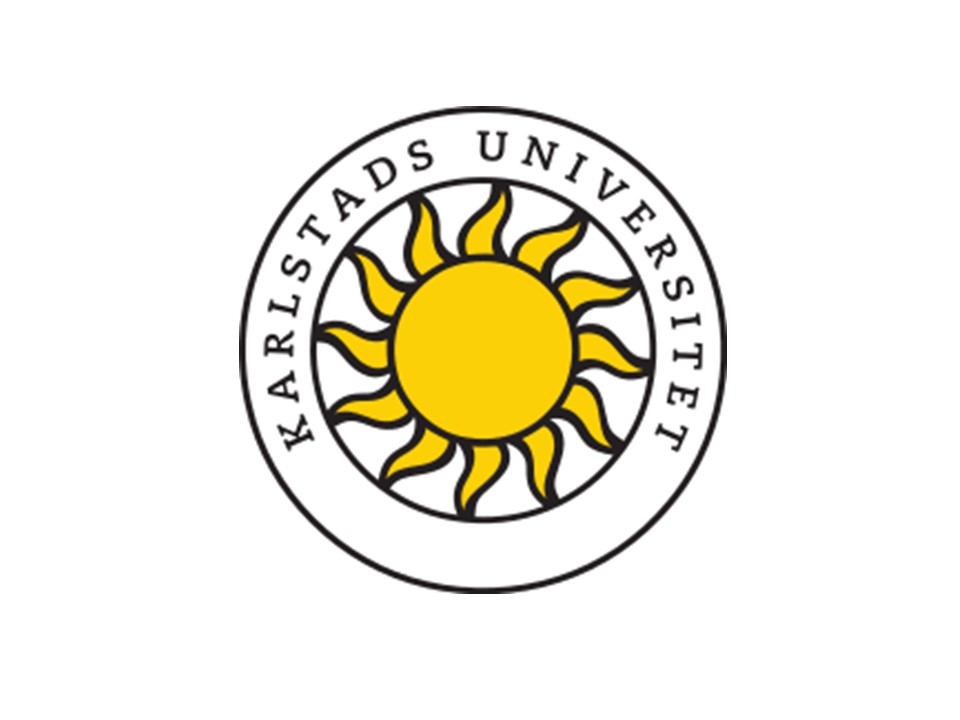
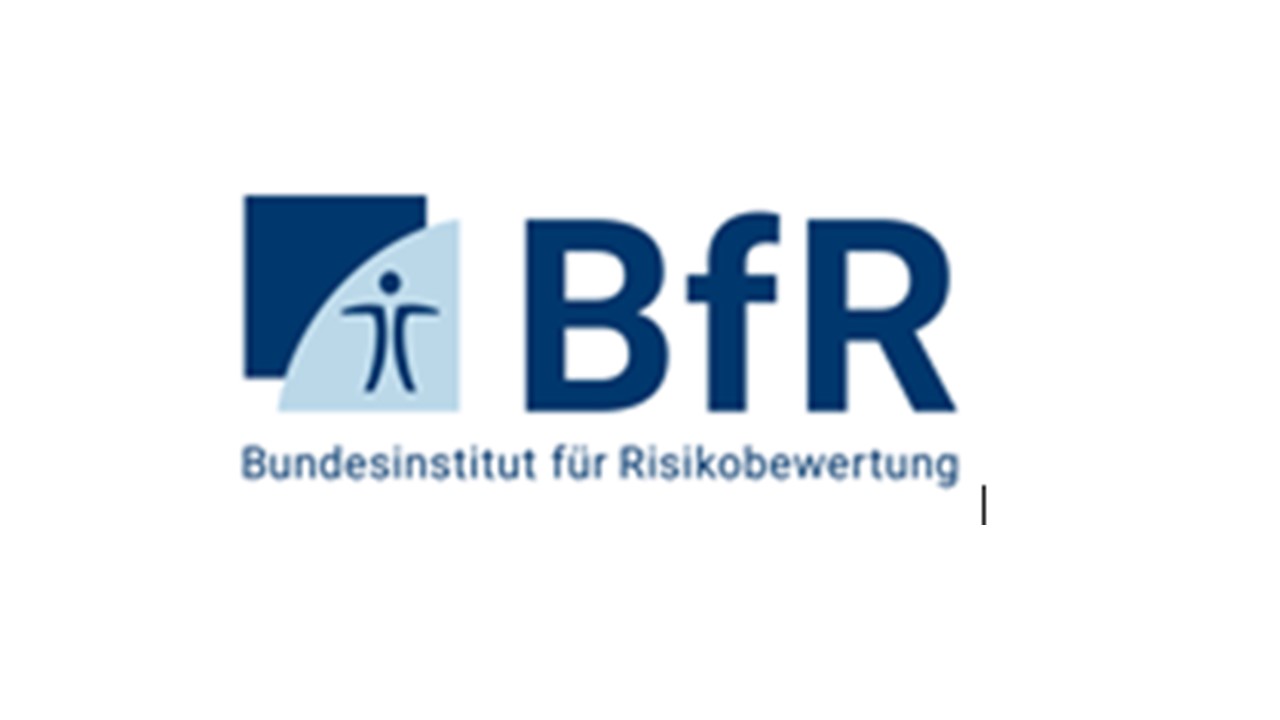
 Brunel University London (BUL), United Kingdom
Brunel University London (BUL), United Kingdom
The Institute of Environment, Health and Societies (IEHS) at Brunel University London is one of the university’s specialist research institutes, devoted to exploring the effects of contaminants on human and wildlife health. IEHS and its institutional forerunner, the Institute for Environment (IfE) are recognised internationally for research in environmental sciences. It has international links with pharmaceutical industries (e.g. AstraZeneca, Pfizer, Glaxo), water companies, and government authorities. The Institute has a strong track record of coordinating and participating in EU-funded projects, including PHARMAS, EDEN, COMPRENDO, ACE, CONTAMED, ESNATS, SOLUTIONS and HBM4EU. The Institute also focuses on translating research results into policy advice and plays an active role in advising the European Commission, EFSA, the World Health Organisation (WHO) and the United Nations Environmental Programme (UNEP). In recognition of these activities, the Institute won the Queen’s Anniversary Prize as a leading example of excellence not just in research, but also in the global impact of its work. The Queen’s Anniversary Prize is the highest accolade that can be conferred to an UK academic institution. Our research is understanding all aspects of the disruption of hormone systems by foreign chemicals.
Research activities at the Institute relevant to ATHENA include:
- Analysing existing test guidelines in terms of their gaps regarding the identification of thyroid hormone axis-disrupting chemicals
- Providing expertise to the European Commission’s endocrine disruptor strategy through critical literature analyses and data mining activities
- Evaluating commonalities and differences in international chemical regulations in identifying endocrine disrupting chemicals
- Physiologically-based kinetic modelling for endocrine disrupting chemicals
- Establishing quantitative Adverse Outcome Pathways for endocrine disrupting chemicals, with relevance to human/mammalian toxicity and to fish
- Establishing ways of translating endocrine disruptor science into better regulation at the EU level
- Biostatistical approaches relevant to test method development, in particular power analyses and dose-response analysis
Key scientific personnel
Professor Andreas Kortenkamp As the principal scientist responsible for the project, Andreas Kortenkamp has extensive experience in the field of endocrine disruption and methods for the identification of endocrine disruptors. He has coordinated, and participated in, several EU-funded projects which contributed to establishing the scientific basis for assessing endocrine disrupting chemicals, including ACE, EDEN and CONTAMED. He contributes to the HBM4EU project.
Dr Olwenn Martin is an internationally recognised expert in the integration and translation of scientific evidence of environmental health impacts of chemicals into policy, specialising in endocrine disruption. She has fifteen years’ research experience in the field and has authored over 25 publications.
Martin Scholze is a senior biostatistician and biomathematician and currently researcher at Brunel University. His main research interests are the dose-response modelling and assessment of individual chemicals and their mixtures and probabilistic exposure modelling.
Dr Luigi Margiotta-Casaluci is a Research Fellow in Comparative Pharmacology & Toxicology and Group Leader at Brunel University London since 2015. He has over ten years of experience in the study of mode-of-action-driven toxicology of human pharmaceuticals and cross-species extrapolation.

Technical University of Denmark (DTU), Denmark
The National Food Institute at the Technical University of Denmark (DTU Food) is a specialist institute comprising both research and advisory personnel. With a unique interdisciplinary structure, DTU Food is a bastion for research and communication of sustainable and healthy foods, consumer products and the environment, providing advice and solutions to both industry and society (policy makers). Disciplines cover toxicology, epidemiology, chemistry, nutrition, microbiology and state-of-the-art technology developments. The institute has a mission of preventing disease and promoting health, with a strong focus on environmental chemicals. The institute has provided advice and research results to Danish governmental institutions for more than half a century and continues to be a major service provider for the Danish Environmental Protection Agency and the Danish Veterinary and Food Administration. Through this work, the institute has built strong competences in translating research into policy. DTU Food is recognised internationally for its contributions including; toxicological research, chemical risk assessments, qualification of endocrine disrupting chemicals and has a long track record of collaborating with international institutions (e.g. EFSA, OECD, ECHA, BfR, ANSES, WHO), as well as attracting and participating in EU funded projects (e.g. EDEN, CONTAMED, HBM4EU, ChemScreen, LIFE CONCERT REACH). Work carried out at DTU Food has both national and global impact.
Research activities at the Institute relevant to ATHENA include:
- In vivo research in the field of thyroid disruption along with analyses of existing test guidelines in terms of their gaps regarding the identification of thyroid hormone axis-disrupting chemicals
- Core partner in a National (Danish) Centre for Endocrine Disrupting Chemicals (‘CeHoS’), conducting in vivo, in vitro, and in silico studies, as well as communicating advice to Danish and international authorities
- Twenty years of experience in development, validation and regulatory application of hundreds of Quantitative Structure-Activity Relationships (QSARs), including several models for endocrine activity related endpoints, including TPO inhibition, TR alpha and beta binding, PXR binding and activation, CYP3A4 induction, ER binding and activation, and AR binding, activation and inhibition.
- Development and maintenance of a free, online Danish QSAR Database holding predictions from many QSARs for around 650,000 substances, including around 80,000 REACH substances
- Evaluation and continued work on improving OECD Test Guidelines for evaluating effects of endocrine disrupting chemicals
- Evaluating commonalities and differences in international chemical regulations in identifying endocrine disrupting chemicals
- Development and reviewing of human-relevant Adverse Outcome Pathways (AOPs) for endocrine disrupting chemicals
Key scientific personnel
Dr Terje Svingen is a senior scientist and Head of research group for Molecular and Reproductive Toxicology (DTU, Partner 2). He has a background in molecular and developmental biology, with a focus on reproductive development in mammals.
Dr Marta Axelstad is a senior scientist with expert knowledge on thyroid disruption, beginning with her PhD work form 2011 entitled “Thyroid hormone disrupting chemicals and their influence on the developing brain“. She has extensive experience with designing, execution, evaluation and management of large developmental toxicity studies aimed at investigating the effects of endocrine disrupting chemicals on reproductive health, brain development and the thyroid hormone system.
Mrs Eva Bay Wedebye is a senior advisor with many years of experience in in silico modelling, particularly QSAR. Her earlier work was with the Danish Environmental Protection Agency where she conducted work on pioneer regulatory QSAR activities.
Dr Sofie Christiansen is a senior scientist with more than 15 years of experience in research on reproductive toxicology and endocrine disrupting effects in rats, especially in combination effects after exposure to multiple endocrine disrupters.
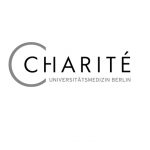
Charité – Universitätsmedizin Berlin (CHARITE), Germany
Charité – Universitätsmedizin Berlin is one of the largest and most research-intensive medical institutions in Germany, and hosts numerous national and international network projects, excellence projects and collaborative research centres, funded by national and international agencies. With a focus on basic science and translational science, the team is embedded into the clinical setting of one of the largest university clinics in Europe and the local Berlin Institute of Health (BIH) network which provides interconnection between highest-ranking local scientific institutions and enables cross-institutional implementation and use of cutting-edge core facility resources. The Institute of Experimental Endocrinology is dedicated to basic and translational science in the field of Endocrinology, with a strong focus on thyroid function and regulation, metabolism and activity of thyroid hormones and their derivatives as well as interference of endocrine disrupting compounds on the thyroid hormone system. This expertise in endocrinology is further complemented by the joint team of experts in neurology and stem cell technology.
Research activities at Charité relevant to ATHENA include:
- Development of new and optimised assays for endocrine disruptor (ED) testing on various thyroid-axis-related endpoints with a focus on methods and techniques replacing radioisotope-based readouts, e.g. iodine detection by the Sandell-Kolthoff method or related photometric procedures.
- Implementation and validation of novel LC-MS/MS based detection methods for the classical thyroid hormones T4 and T3 as well as for novel functionally and metabolically relevant TH metabolites, which occur at much lower concentrations in blood and tissue of humans and animals.
- Developing human 2D and 3D models of the brain to investigate cell death in the brain.
Key scientific personnel
Prof. Josef Köhrle has longstanding experience in thyroid hormone and endocrine disruptor related research documented by continuous successful grant applications and peer reviewed publications. He and his team are well known for their research on activity, function, inhibition and regulation of deiodinases, (especially DIO1), functional characterisation of various thyroid hormone transporters (e.g. MCT8 and LAT2), studies on thyroid hormone metabolism, action and synthesis with respect to interference by nutritional or environmental compounds, including the essential trace elements iodine, selenium and iron.
Dr. Kostja Renko is biotechnologist by training and developer of several thyroid-axis-related test methods, currently under (pre-)validation by EU-NETVAL. He is an experienced assay developer with a broad and interdisciplinary background in endocrinology (with a focus on thyroid), HTS/drug screening, GMP/QM and 3D printing. He has already worked on several ED related projects. Since 2009 he has developed and published several new in vitro test methods for basic science, drug screening and 3R application, utilising the Sandell-Kolthoff-reaction as final readout, thereby replacing radioactive tracer molecules. Several of these methods are used within the ATHENA network and adopted to HTS settings.
Dr. Harald Stachelscheid is group leader at the Berlin Brandenburg Center for Regenerative Therapies and the director of the Berlin Institute of Health (BIH) Stem Cell Core Facility. He is expert in stem cell biology and tissue engineering, including hiPSC generation, genetic modification including TALEN and CRISPR/Cas9 approaches, and hiPSC differentiation to various lineages.
Dr. Philipp Mergenthaler is a translational neuroscientist working as a group leader of a basic research group and as a physician in the Depts. of Experimental Neurology and Neurology. He is expert in neuronal cell biology, the connection between cell death regulation and metabolism in the brain, ex vivo and in vivo models of cerebral ischemia and other models of neuronal damage.

Centre National de la Recherche Scientifique (CNRS), France
CNRS, the French National Center for Scientific Research, is a state-funded science and technology establishment placed under the authority of the French Ministry of Higher Education and Research. CNRS counts more than 1100 research units throughout France, which employ a large body of tenured researchers, engineers and support staff. CNRS is involved in all scientific fields of knowledge, encourages collaboration in national, European, and international projects and provides a strong administrative support to such projects.
The joint research unit “Molecular Physiology and Adaptation” (UMR 7221) is affiliated with both CNRS and the National Museum of Natural History in Paris. Our research focuses on the analysis of the evolution of endocrine regulations, in particular during embryonic development and during aging. The collective aim is to understand how genes, cells and molecules of a physiological system interact to allow adaptive modifications.
Research activities relevant to ATHENA include:
- Fundamental research on thyroid hormone (TH) in mammalian and amphibian systems, including the role of thyroid hormones in neuronal commitment of neural common progenitor cells and in oligodendrocyte commitment
- Discovery of deiodinase 1 in the amphibian, Xenopus, and research on similarity of metabolic regulations in embryonic Xenopus to humans
- Research on thyroid hormone transporters mct8 and oatp1c1 in Xenopus with a focus on establishing similarity with human counterparts
- Endocrine disruption related to thyroid hormone signalling, with a focus on ubiquitous chemicals (detected in >90% people) and their way of affecting thyroid hormone signalling, behaviour and neuron/ glia differentiation
- Test development at the international (OECD) and risk evaluation at national level (ANSES)
Key scientific personnel
Prof. Barbara Demeneix has a noteworthy track-record in basic and translational research (>180 publications in endocrinology and physiology as well as two single author books on thyroid hormone disruption and brain development). She has led and managed numerous international and national research consortia. Prof. Demeneix directed the Department “Development & Regulations” of the Museum between 2001 and 2017. She received the Nature Mentoring Award for France (2011), the CNRS Medal for Innovation (2014) and was one of the finalists of the EU Women Innovators Prize in 2017 for her role as a co-founder of Watchfrog.
Dr. Jean-Baptiste Fini is a scientific researcher at CNRS. He manages a group studying endocrine disruption and thyroid hormone axis disrupting compounds. Two major axis of his research are unravelling mechanisms of thyroid hormone regulations during embryonic development and developing assays to detect disrupting compounds.
Dr. Sylvie Remaud is assistant Professor. Her main research focuses on thyroid hormone regulation of the neural stem cell niche, in particular commitment of precursor populations throughout life
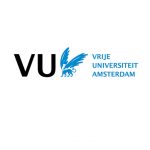
VU University Amsterdam (VUA), The Netherlands
VUA hosts around 23,000 students and over 2,100 scientific staff. Since 2014, VUA is stably ranked around number 100 in the world Shanghai Ranking system. VUA is a modern organisation at the cutting edge of academic higher education.
The Department Environment & Health (E&H) of the Faculty of Science was founded in 2017 as a merger of the former department of Chemistry and Biology of the Institute for Environmental Studies (IVM) and the Health and Life Sciences section of VUA. E&H carries out academic research and training to strengthen our understanding of the impacts of environmental contaminants on human health and the environment. Multiple disciplines such as analytical chemistry, (eco)toxicology, risk assessment, epidemiology and health sciences are brought together to both educate students and conduct world class research. The systems studied by this unique group span from the molecular level to populations, ecosystems and society. E&H investigates the risks of chemicals that are being produced in increasing volumes to satisfy the needs of the growing world population. E&H aims to break new ground in methods and approaches in environmental chemistry, environmental health, toxicological research, and epidemiology. E&H is unique in combining analytical chemical, biological approaches (e.g. in vitro assays, genomics, metabolomics), and epidemiology, and has a high commitment to contribute to the environmental and human risk assessment of potentially hazardous substances.
Research activities at the Dept. Environment & Health, relevant to ATHENA include:
- Studying mechanisms of toxicity in cell-based in vitro bioassays and zebrafish in vivo experiments, using state-of-the-art techniques, including omics;
- Toxicity profiling of chemicals and their metabolites to group, rank, and prioritise them for further research and/or risk assessment purposes;
- Human biomonitoring to assess exposure to chemicals, their metabolites or specific health markers in human body fluids and tissues.
- Investigating the impact of environmental exposure on human health with a special focus on Development Origins of Health and Disease (DOHAD) and sustainable health.
Key scientific personnel
Dr. Timo Hamers is an environmental toxicologist. His expertise lies in the development, optimisation and application of small-scale in vitro bioassays to determine toxicity profiles of sets of individual compounds and complex environmental mixtures of pollutants. Within several international projects, he played an active role in the hazard assessment of persistent organic pollutants, pesticides, obesogens, flame retardants, and other house-dust pollutants with a special focus on endocrine disruption and neurotoxicity.
Dr. Marja Lamoree is a senior environmental analytical chemist. Her expertise lies in the combination of up-to-date analytical-chemical and biological-based techniques and their application in an iterative mode in order to identify novel and “unknown” substances, to contribute to the evaluation of their biological relevance and estimation of their total toxic potency.

ERASMUS University Medical Centre (ERASMUS MC), Rotterdam, The Netherlands
Erasmus MC is the largest university medical centre of the Netherlands covering all specialities and is known for its high quality epidemiological and neuroscience research. The Department of Internal Medicine has a strong background in studying endocrine determinants of disease, both clinically and experimentally. The Thyroid Laboratory as part of the Erasmus MC Academic Center for Thyroid Diseases combines basic molecular biology studies on regulation of thyroid hormone action with epidemiological studies analysing consequences of thyroid dysfunction in large cohorts and international collaborations. Members of the laboratory have a broad range of expertise, ranging from biochemistry and clinical endocrinology to genetic and clinical epidemiology.
The Department of Child and Adolescent Psychiatry has a 30-year track record of epidemiological research, and is one of the strongest centres in Europe for aetiological epidemiological research in the field of child psychopathology. This department leads the behavioural /cognitive section of the large-scale longitudinal birth cohort Generation R and has recently published several papers on the relationship between exposure to Endocrine Disrupting Chemicals and neurocognitive and behavioural outcomes.
- Member of the Management Team of the longitudinal birth cohort Generation R
- Member of the Steering Committee of the EUthyroid Consortium, which is a H2020 funded project that aims to eradicate iodine deficiency in Europe
- Founder of the Consortium on Thyroid and Pregnancy, which is a collaboration of 18 international cohorts sharing individual patient data
- Member of the American Thyroid Association guideline committees on thyroid function and pregnancy
- Member of the Medical Advisory Panel of the Thyroid Federation International, an umbrella organisation for thyroid patient organisations all over the world
Research activities at Erasmus relevant to ATHENA include:
- International lead in research on thyroid function during pregnancy and neurocognitive development of off-spring
- Studies of thyroid hormone transmembrane transport (coordination of a multi-centre international clinical trial in which patients with a defective TH transporter are treated with a TH analogue to improve their clinical phenotype), recently set up an ex vivo human placenta perfusion model to study TH transport across the placenta).
Key scientific personnel
Prof. Robin Peeters is Professor of Internal Medicine with a special focus on thyroid disease at Erasmus Medical Centre. Since 2011, he has been head of the Erasmus MC Academic Centre for Thyroid Diseases. His research involves many aspects of thyroid disease, including the important role of thyroid hormone for a normal pregnancy and neurodevelopment.
Prof. Henning Tiemeier is Professor of Psychiatric Epidemiology in the Departments of Epidemiology and Child- and Adolescent Psychiatry. He is experienced in neurocognitive outcomes and has published a number of high-profile thyroid papers.
Dr. Tim Korevaar, MD PhD is a clinical epidemiologist with great expertise on epidemiological and statistical analysis of large datasets. He obtained his PhD cum laude in 2017, on physiological aspects and clinical consequences of thyroid function during pregnancy.
Dr. A.H. Jan Danser is Professor of Pharmacology and heads the Division of Pharmacology within the Department of Internal Medicine at the Erasmus MC. His research focuses on the pathogenesis and therapy of hypertension, including pre-eclampsia. He studies vascular function in animals and humans, among others making use of the placental perfusion system.
Dr. W. Edward Visser (MD, PhD) is a clinical endocrinologist at the Erasmus Medical Centre (Rotterdam, The Netherlands). His major focus of research is the role of local thyroid hormone signalling in health and disease. His academic interests focus on clinical and basic studies in thyroid hormone transport, in particular MCT8.
Dr. Marcel E. Meima (M) is a postdoctoral scientist at the Erasmus Medical Centre (Rotterdam, The Netherlands). He studied Biochemistry at the University of Groningen, The Netherlands. His main lines of research focus on molecular aspects of thyroid hormone action and thyroid hormone transport and metabolism in placenta.

Örebro University (OrU), Sweden
Örebro University is a modern university with a broad scientific base and the ambition of building research and education for the future. It is one of Sweden’s most expansive universities with 16,000 students, 450 PhD’s and 1,300 staff. 60 undergraduate programmes, 30 postgraduate programmes as well as 800 courses in about 50 subjects are offered. Örebro University is ranked among the 400 global best universities and among the 50 best young universities in the world, according to the Times Higher Education. Örebro University offers an attractive range of training opportunities within fields such as medicine, law, psychology, business and economics, education, social work, nursing sciences and engineering. Investments made into professional degree programmes have doubled the number of applicants seeking to obtain a professional degree.
Man – Technology – Environment Research Centre (MTM) is one of Örebro University’s strong research environments, with a focus on applied research on chemicals in the environment and sustainable development, together with regional, national and international stakeholders in business, government, universities and research institutes. The main research focus is on persistent organic pollutants, metals and emerging pollutants, including perfluorinated chemicals, endocrine disruptors and plastic pollution. Using state-of-the-art technology; analysis, occurrence, speciation, fate, behaviour, toxicity and health effects of these pollutants are studied in all parts of the biosphere. In several projects, efforts are made to find links between common diseases like cancer, heart disease and obesity and chemical exposure. The aim is to find the hazardous chemicals at an early stage, thereby enabling actions for their removal from the environment, from food, feed and from consumer products. MTM also works on technical solutions to environmental problems. The research focusing on waste develops methods to extract valuable metals. The research directed at polluted areas contributes to better risk assessment and soil remediation methods. The research projects are conducted in collaboration with international authorities like UNEP, private business and NGOs.
Research activities at MTM, Örebro University, relevant to ATHENA include:
- Studying the interface between the environment and health. The goal is to qualitatively and quantitatively study chemical exposure to humans and the ecosystem, the route of exposure, and any effects on the environment and human health that may be associated with them.
- Research is conducted in analytical environmental chemistry, environmental toxicology, and occupational and environmental medicine and covers the subjects of chemistry, biology and medicine.
Key scientific personnel
Professor R. Thomas Zoeller has extensive experience in the field of endocrine disruption, methods for the identification of endocrine disruptors and thyroid hormone disruption in particular. He has contributed significantly to our knowledge about the role of thyroid hormone in brain development and the mechanisms by which chemicals can interfere with thyroid hormone action. He was one of the primary editors for the State of the Science of Endocrine Disrupting Chemicals, commissioned by the United Nations Environment Programme and the World Health Organization.
Professor Åke Bergman is senior professor in Environmental Chemistry at Stockholm University, appointed 1993. Since 2014 he is the Head of Swetox, KI, appointed by 11 Swedish universities. Bergman is guest professor at Tongji University in Shanghai since 2009 and since 2012 High-end Foreign Expert at this university; since 2018 he is also guest professor at Orebro university (Sweden).
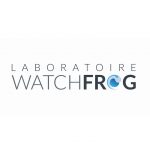
WATCHFROG (WATCHFROG), France
Watchfrog is a French biotechnology company founded in 2006. Watchfrog creates and markets assays for the in vivo detection of endocrine disruptors. The assays offered by Watchfrog rely on the development of amphibian and fish transgenic embryos that fluoresce when a biological function is activated or modified. Watchfrog developed several assays for endocrine disruption currently in validation by OECD to become test guidelines.
Research activities at Watchfrog relevant to ATHENA include:
- Thirteen years of experience developing and running aquatic organism in vivo assays for the detection of endocrine disruptors
- The development and the lead of the OECD validation of the Xenopus Embryonic Thyroid Assay (XETA) to become a test guideline. Including the lead of international ring tests and the writing of validation reports and draft test guideline for OECD.
- The development and the lead of the OECD validation of the Rapid Androgen Detection Assay (RADAR) to become a test guideline. Including the lead of an international ring test in progress.
- Participation since 2012 to the OECD Validation Management Group for Ecotoxicity testing as assays developers.
Key scientific personnel
Dr David Du Pasquier is a senior scientist in the research and development group of Watchfrog with more than 20 years of experience in research on amphibian endocrinology. He has a background in molecular and developmental biology, with a focus on thyroid hormones functions in amphibians.
Dr Andrew Tindall has a long track record of industry academia collaborations as well as developing ethical tests to replace testing in mammals. He started his career in academia at the University of Manchester in the Centre for Applied Pharmacokinetic Research, an academic group funded by multinational pharmaceutical companies, developing in vitro drug metabolism tests and mathematical models to replace in vivo testing.

Karlstad University (KAU), Sweden
KAU has approximately 16,000 students and 1,150 employees within health, social sciences, humanities, natural science and technology. KAU focuses on delivering both applied and multidisciplinary research that can be directly utilised within society, as well as fundamental research that contributes to the evolution of the academic field. The university is very active in international, national and regional collaborations with a wide range of partners in academia, industry and public institutions. By forming strategic partnerships, it seeks to advance education and research, as well as providing a platform for sharing ideas, knowledge and skills. KAU is part of the Innovation office Fyrklövern (Eng. Four-leaf clover) in which four Swedish universities act collaboratively with regards to overarching innovation support structures and issues. Active and professional support of the research to innovation process is a crucial component in the development from ideas to utilisation and societal impact. The Biomedical Science and Public Health Sciences groups are part of the Dept. of Health Sciences which is one of the largest departments at KAU with over 120 employees, research activities in a wide variety of health-related issues and well developed external collaborations with public institutions and other research institutes.
Research activities at Karlstad University
- Conducting the Swedish Environmental Longitudinal, Mother and child, Asthma and allergy (SELMA) study, prospectively following 1,957 mother-child pairs from early pregnancy, after birth and up to school age of the children.
- Statistical analyses of epidemiological data in the SELMA study.
- Development of statistical approaches for risk assessment of EDC mixtures, in collaboration with Icahn School of Medicine at Mount Sinai, New York, USA and Stockholm University, Stockholm, Sweden,
- Examining sources for human uptake of EDCs based on statistical modelling of data in the SELMA study, in collaboration with Lund University, Lund, Sweden.
Key scientific personnel
Professor Carl-Gustaf Bornehag is professor in Public Health Sciences and head of Public Health Sciences at Department of Health at KAU, Sweden, and holds an adjunct professorship at Icahn School of Medicine at Mount Sinai, New York City, NY, USA. He is an environmental epidemiologist with a major focus on health risks related to endocrine disrupting chemicals and leads a group of around 10 scientists at Karlstad University.

Research Institutes of Sweden (RISE), Sweden
RISE is the Swedish Research Institute and innovation partner. In international collaboration with industry, academia and the public sector, we ensure the competitiveness of the business community and contribute to a sustainable society. Our 2,300 employees support and promote all manner of innovative processes. RISE is an independent, state-owned research institute that offers unique expertise and about 100 testbeds and demonstration facilities, instrumental in future-proofing technologies, products and services.
RISE has a long history of acknowledged high-quality research and conducting assignments in each of these divisions. RISE is a non-profit organisation. The headquarters of RISE are located in Gothenburg, but there are employees all over Sweden.
Key scientific personnel
Dr. Johan Lindberg is presently Director of Bioanalysis at Swedish Toxicology Sciences Research Center (SWETOX). His research is conducted within the Unit of Toxicology and the Department of clinical pharmacology at Karolinska Institute. His area of expertise is in analytical organic chemistry and metabolomics.
Dr. Björn Platzack is the Head of the animal facility and Director of General and Inhalation toxicology at the Swedish Toxicology Sciences Research Center (SWETOX). He holds a PhD in Zoophysiology from the University of Göteborg, where his area of research focused on cardiovascular control.

The German Federal Institute for Risk Assessment (BfR) (Bundesinstitut fuer Risikobewertung)
BfR is a scientifically independent institution within the portfolio of the German Federal Ministry of Food and Agriculture (BMEL). It advises the Federal Government and Federal States (“Laender”) on questions of food, chemical and product safety. The “German Centre for the Protection of Laboratory Animals (Bf3R)” is an integral part of the BfR. The Department of Experimental Toxicology and ZEBET (TOX-ZEBET) is in charge of the tasks assigned to the Bf3R, including the National committee, the publication of nontechnical project summaries and national PARERE network. In addition, it provides the national coordinator of the OECD Test Guideline Programme for the area of human health and participates in various OECD activities, e.g. WPHA, EAGMST, VMG-NA as well as various expert groups. In its own laboratories, the department develops molecular, cellular and tissue culture methods with a special focus on the development of HC-HT screening approaches and the development of assessment strategies.
Research activities at BfR/TOX-ZEBET relevant to ATHENA include:
– Development of new and optimized assays for endocrine disruptor (ED) testing on various thyroid-axis-related endpoints
– Support of NETVAL-activities on technical transfer and validation of TH system-related in vitro test methods
Key scientific personnel
Dr. Kostja Renko is a former team member of the Institute of Experimental Endocrinology and is now employee of the BfR. He has already worked on several ED related projects and has a strong background in basic endocrinology with a focus on thyroid physiology and disruption. As a biotechnologist, Dr. Renko has a strong background on method development and refinement. He is the original inventor of nonradioactive Sandell-Kolthoff based methods to investigate compound interaction with relevant thyroid hormone axis –related endpoints, e.g. iodothyronine deiodinases, iodotyrosine dehalogenase and TH transporter activity and involved as an expert in the EU-NETVAL initiative to support validation of these methods.
